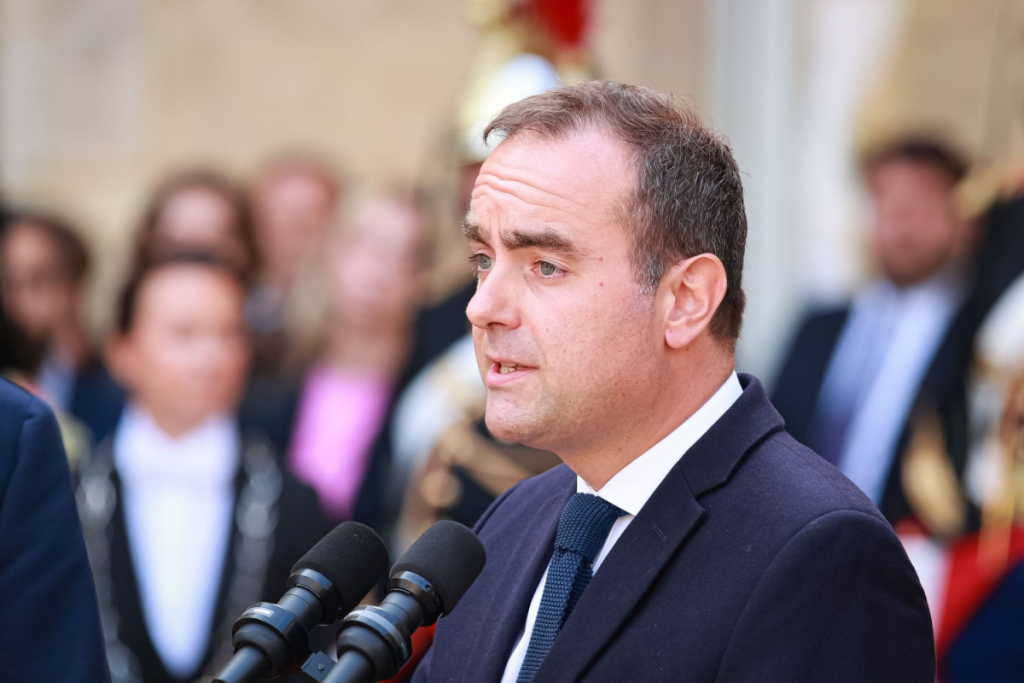Introduction
France’s new Prime Minister Sébastien Lecornu has narrowly survived two no-confidence motions in parliament, giving his five-day-old government a temporary reprieve amid growing political turmoil. The closest of the two votes fell just 18 ballots short of the 289 required to topple the government, allowing Lecornu to continue leading while he attempts to pass the contentious 2026 national budget.
The relief, however, is expected to be short-lived. Both the far left and far right have vowed to continue pushing for his resignation, while the Socialist Party—whose support was instrumental in avoiding collapse—warned that their backing will not be guaranteed in future votes. Lecornu’s concessions to secure their support have also raised new concerns over fiscal responsibility and the government’s ability to meet European Union deficit targets.
Concessions and Political Trade-Offs
Appointed and reappointed by President Emmanuel Macron after days of confusion and political infighting, Lecornu avoided immediate defeat by making two key concessions. First, he agreed to freeze Macron’s pension reform, which would have raised the retirement age to 64—one of the president’s signature economic measures.
More significantly, Lecornu pledged not to invoke Article 49:3 of the French Constitution, a mechanism that allows the government to pass legislation without a parliamentary vote. This decision effectively handed greater control of the legislative process to lawmakers, marking a significant shift of power away from the executive branch.
For many observers, the move signals a return to the fragmented and negotiation-heavy politics that characterized the Fourth Republic before 1958. “By assuring MPs that they and not the government would have the last word, Lecornu has created a rupture from previous Macron administrations,” analysts noted. However, critics warn that surrendering 49:3 may make fiscal discipline nearly impossible to enforce.
The Budget Challenge Ahead
The draft 2026 budget presented by Lecornu’s government aims to reduce the deficit to 4.7% of GDP through €30 billion in spending cuts, targeting public health services and local administrations. Yet the proposal has drawn criticism across the political spectrum.
The Socialists, despite initially backing Lecornu, joined the far left and far right in denouncing the budget as harmful to working-class citizens. Party leader Olivier Faure warned that if “offending parts” of the budget remain, his party “will have no compunction about supporting a new vote of censure.”
Meanwhile, Mathilde Panot of the radical-left France Unbowed party sponsored one of the two failed no-confidence motions, highlighting how fragile the government’s coalition remains. France’s National Assembly has been deadlocked for over a year, split among three blocs: Macron’s centrist alliance, a left-wing coalition, and the far-right National Rally.
Macron’s Declining Authority
The crisis underscores the steady erosion of President Macron’s authority since his controversial decision to dissolve parliament in July 2024. With no stable majority in place, Lecornu becomes France’s third prime minister in just 15 months, each struggling to maintain control amid growing public frustration.
Macron’s approval rating has plummeted to 14%, and both the far left and far right have called for him to resign before the end of his second term in 18 months. His former adviser, Alain Minc, described him as “the worst president of the Fifth Republic,” arguing that he has left the far-right National Rally “at the gates of power.”
International observers have voiced alarm over France’s instability. “The Germans are petrified about what a French collapse will do to the economy. The British are worried about strategic implications. The Italians are laughing. And in America, President Trump is saying Macron got what he deserves,” Minc said.
While Sébastien Lecornu has bought himself time by surviving his first major test, his government’s survival hinges on precarious alliances and a fractious parliament. His decision to renounce 49:3 and concede on pension reform may temporarily calm tensions, but they also leave France facing an uncertain path toward fiscal recovery and political stability. For now, Lecornu’s victory is less a triumph than a brief pause in a deepening crisis for Macron’s leadership.


